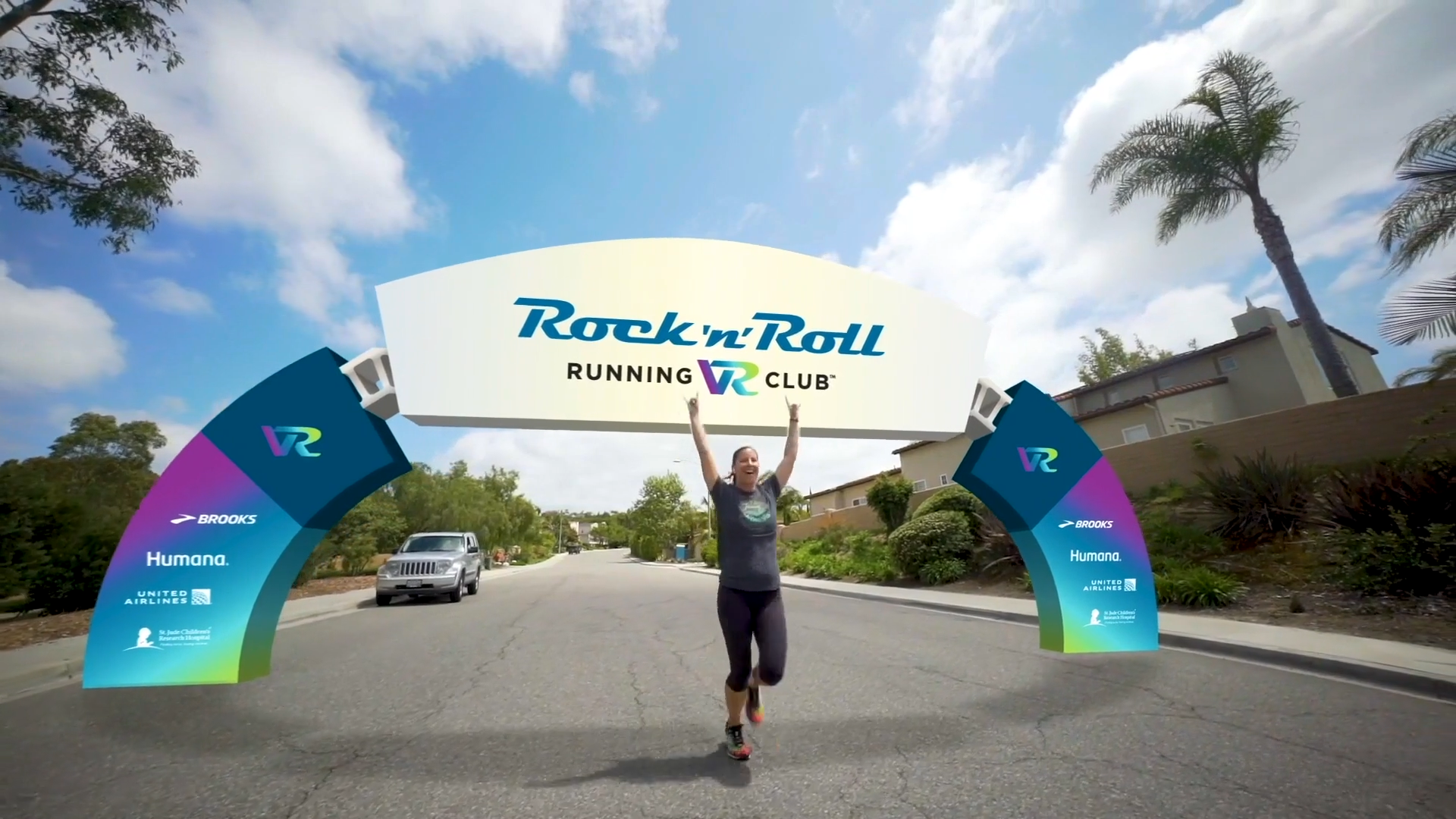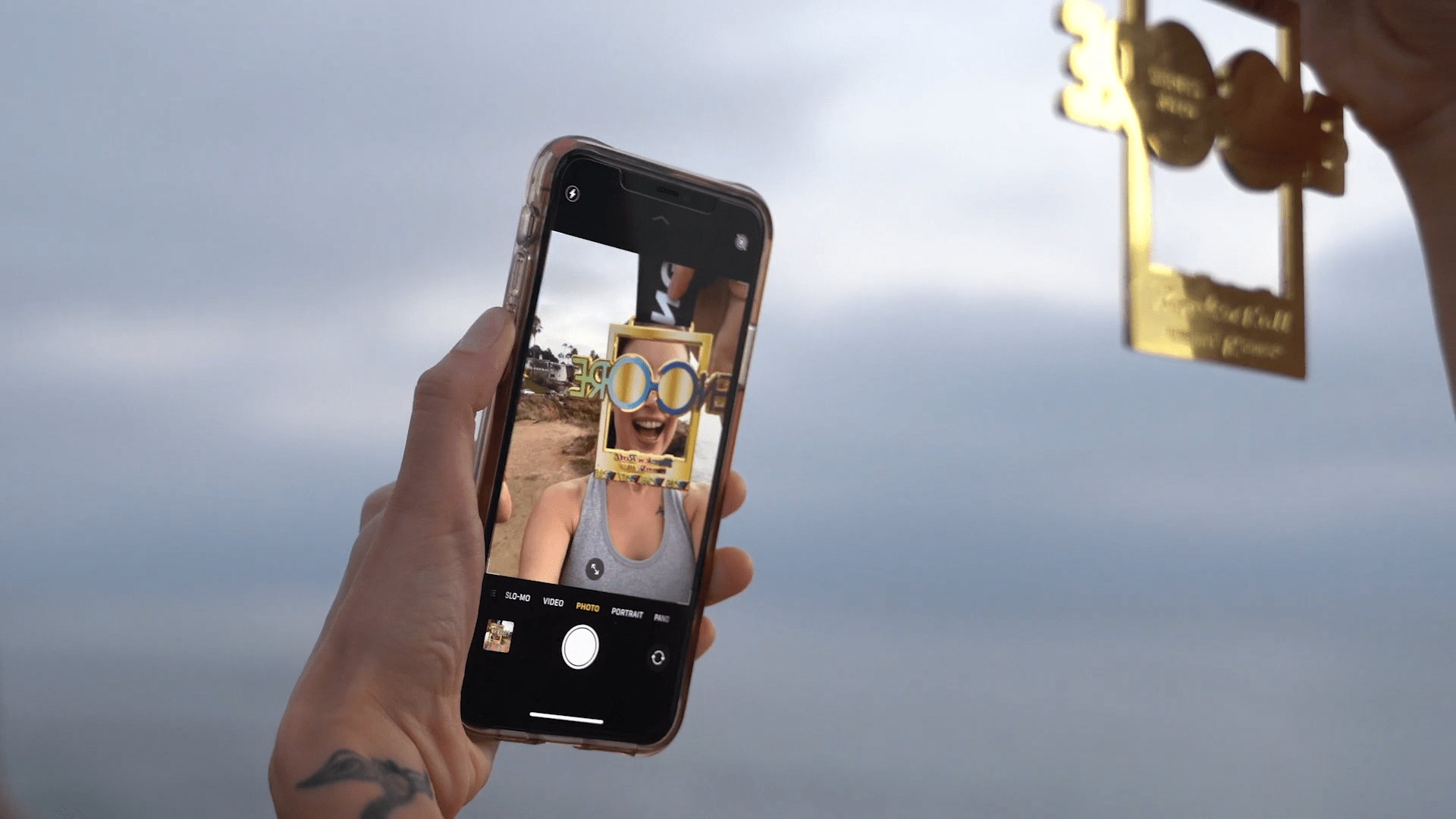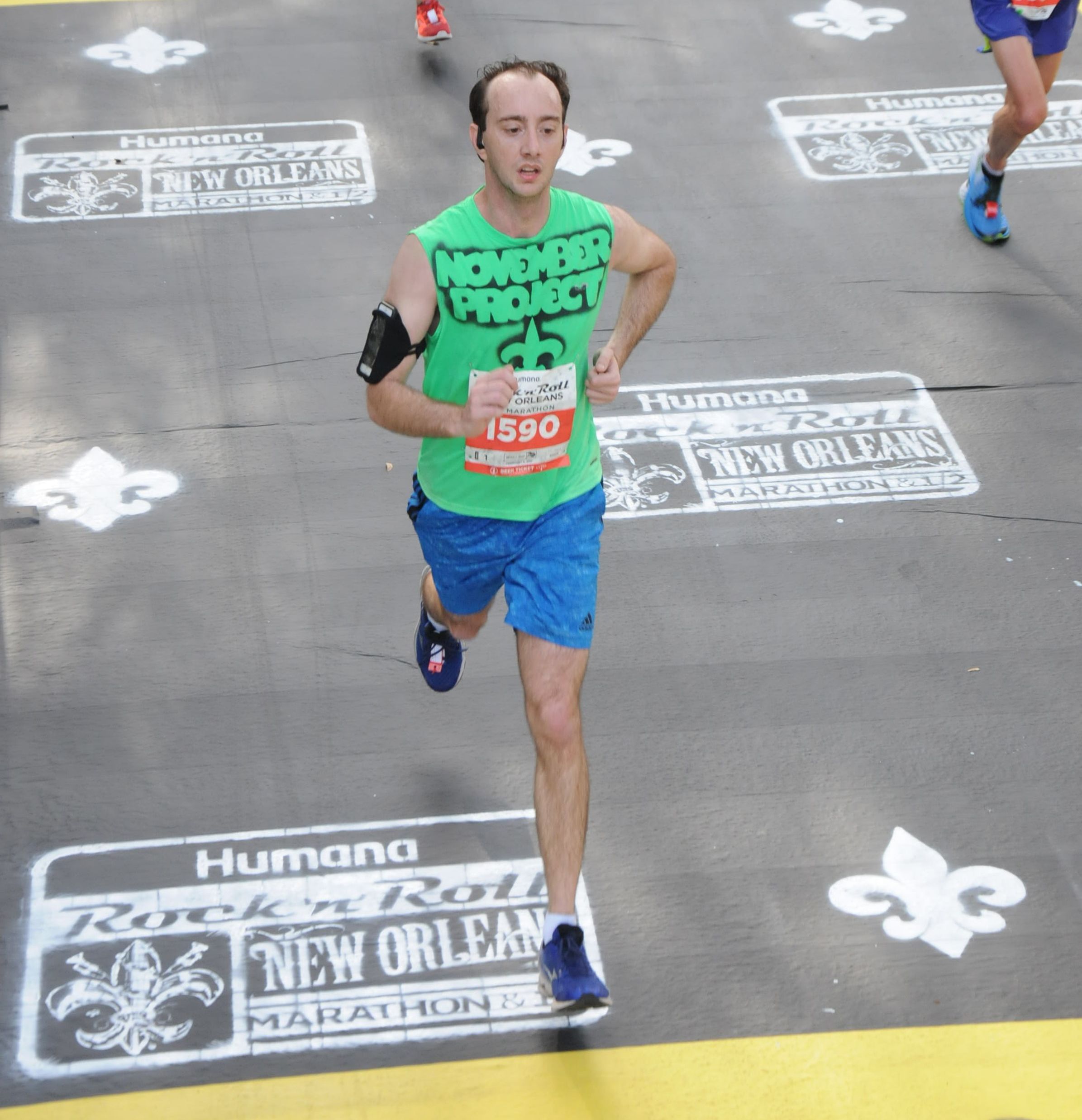Since the beginning of the pandemic, news outlets have continually highlighted the growing number of Americans taking up running. The media hype has been reminiscent of that of the late '70s running boom ushered in by Jim Fixx and his The Complete Book of Running. The main difference between then and now is that 40 years ago, millions of people were brought together through the shared goal of running towards better health; today, we run to keep our distance from each other and away from a virus that has infected nearly 26 million and stolen more than 429,000 lives across the country.

Perhaps running feels like a social distance-friendly fitness choice due to the long-standing stereotype of the lone long-distance runner: up, amassing endless miles in the early-morning fog between dark and dawn with nothing but his or her thoughts and the dead silence of the resting world to keep him or her company. However, for many of us (myself included) who are up pounding the pavement before most people have had their morning coffee, we are striving towards the sport's exceedingly social endgame: racing.

During a race, creating distance between yourself and others is a good thing—at least, between the start and finish lines and prior to the post-competition festivities. Like most everything in 2020, however, local races were cancelled, postponed, or diverted to the digital realm.
I was initially averse to virtual racing. My attitude changed, however, when I saw that two of my favorite local races, the Crescent City Classic and the Rock 'n' Roll New Orleans Marathon, would not be holding live races during 2021. My long, cherished history with these races inspired me to reconsider virtual participation as a way to support these events.
"You can imagine the financial hit we took missing out on 20,000-plus runners in 2020, " says Eric Stuart, race director for the Crescent City Classic, referencing last year's event. "We knew we had to do something for the folks who had been training since the fall. That's when we came up with the virtual option."
Stuart says that the Crescent City Fitness Foundation used the mobile app RaceJoy to host the majority of its 2020 race series, including its flagship "Classic," which drew roughly 5,000 participants. This year, runners will have from March 20 through April 3, 2021, to complete the event via RaceJoy.
While Stuart says that virtual races have been successful given the circumstances, they are no substitute for live events.
"If we don't get back to actual racing again [by 2022], I'm not sure if we're going to be viable as an entity. I know smaller running companies that are already going out of business," says Stuart. "People considering virtual races also need to understand that you're not only funding putting on the race, you're funding a portion of the charity that it supports. If you don't continue to provide support for these events, the races will go away, but so, too, will a lot of real viable charity organizations." (The Crescent City Classic, Rock 'n' Roll Marathon, and most local races champion charitable beneficiaries.)
If your favorite race is not hosting a live event this year, or if you are not comfortable with in-person gatherings, please consider researching the event's online outlet for information on virtual alternatives or other ways to show your support.
BLUE RIBBON RUNS WORTH THE APP

For those seeking socially distanced digital competition on a regular basis, here are a few apps you can incorporate into your COVID-19 training routine:
Strava | IOS/Android - strava.com
Strava is not only my top pick, I also consider it a must-have. Currently, all users have free access to join user-created competitions. During COVID-19, I have participated with runners around the world in completing more than 140 miles and measuring a gained elevation of more than 15 miles all in a single month. Many in-person running/fitness clubs, including NOLA's own November Project, which continues to meet safely each week with social-distance protocols in place, regularly host competitions via the app. Strava uses your phone's internal GPS, not a map app, to measure your stats, preserving your data plan. The paid subscription doesn't appear to offer much that you can't get from a fitness tracker (Garmin, FitBit, etc.)—save your money.
Zombies, Run! | IOS/Android
What may seem like a gimmick has been going strong for more than eight years. The app "gamifies" your training by creating a narrated story where you retrieve items and escape from zombies. There is a large amount of free content, and you can access additional resources via in-app purchases. For me, solo running is a meditative activity, so I could not get into this app. Aside from horror- and The Walking Dead-enthu siasts, this app is best suited for those who enjoy adventure racing and other interactive runs.
Humana Rock 'n' Roll Virtual Running Club
This is the perfect app for those who can't wait for the race series to return to New Orleans in February 2022. After synching a GPS tracker to your account, you gain access to weekly challenges and races, training and nutrition tips, playlists, and more. The challenges are similar to those offered by Strava, but are cur ated by the RNR team. I've only been using the service for a short time but find it is a strong competitor (if not superior) to Strava.

